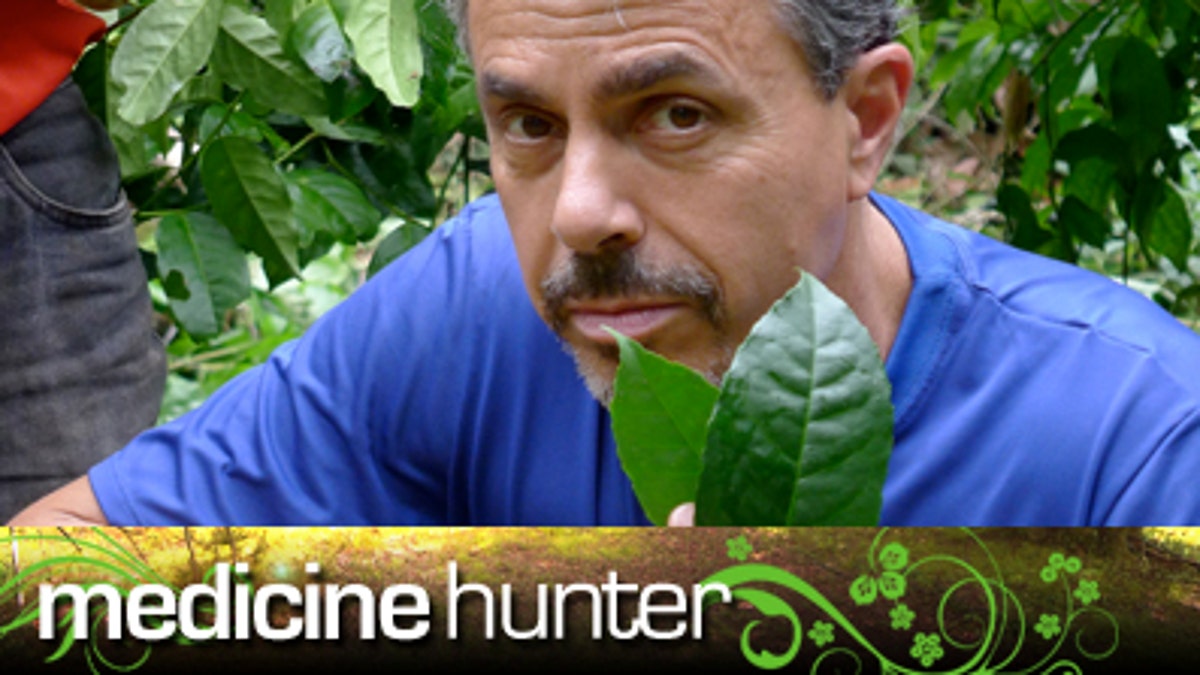
If you’re a doctor, pharmacist or other health care practitioner, you know that many people who walk into your office are using supplements, such as herbs. But school did not teach you about these remedies, and unless you have studied the topic of herbal medicine on your own, you have more questions than answers.
So, where do you go to learn more?
The American Botanical Council of Austin Texas is your answer. The most active, up-to-date and comprehensive herbal educational facility in the world, ABC has helped to educate thousands of health professionals, policy makers, students and herbalists on the traditional, scientific and legal aspects of herbal medicines. My recommendation? Become a member, and start to get very well informed.
Becoming a member of ABC gives you unlimited access to their vast repository of articles, alerts, scientific reviews and other services. For starters, the American Botanical Council Herbal Information Course will get you up to speed on many of the most popular herbs, what’s in them, what they do, how they act in the body, and any precautions. The very popular ABC Clinical Guide To Herbs will take you deeper still into the science and clinical applications of botanicals, what to look for and what to avoid.
Keeping you up to date on a regular basis, members of ABC enjoy regular Herb Clips, which tell you about current findings and published studies from peer-reviewed journals. And you can go deeper still through the HerbMedPro information database.
ABC, founded by Mark Blumenthal, has provided the highest level of herbal information since 1988. The council is regularly called upon by media for credible information, and by lawmakers and policy makers who need to gain an accurate understanding of what herbs are, what they do and how they fit into the health care landscape.
Herbs play an incalculably huge role in global health, but sadly, many health professionals don’t know the difference between Echinacea and Goji, and can only advise their patients not to take anything. It’s time that health care professionals take advantage of the vast amount of first-rate, world-class published information on herbs and their uses. As drugs fail users, and as people get fed up with negative drug side effects, even more people are going to turn to herbal remedies. This category is not going to go away.
Go to www.HerbalGram.org and get plugged into the big pipe of streaming information on the world’s number one category of medicines. Then, when a patient walks into your office and tells you that they are taking Feverfew for migraines, or Cat’s Claw for arthritis, you’ll know what they are talking about and better respond to the needs of the people who see you.
Chris Kilham is a medicine hunter who researches natural remedies all over the world, from the Amazon to Siberia. He teaches ethnobotany at the University of Massachusetts Amherst, where he is Explorer In Residence. Chris advises herbal, cosmetic and pharmaceutical companies and is a regular guest on radio and TV programs worldwide. Chris is the author of 14 books, including Hot Plants, Tales from the Medicine Trail, Kava: Medicine Hunting in Paradise, The Whole Food Bible, Psyche Delicacies, and the international best-selling yoga book, The Five Tibetans. Richard Branson features Chris in his new book, Screw Business as Usual. His field research is largely sponsored by Naturex of Avignon, France. Read more at www.MedicineHunter.com
